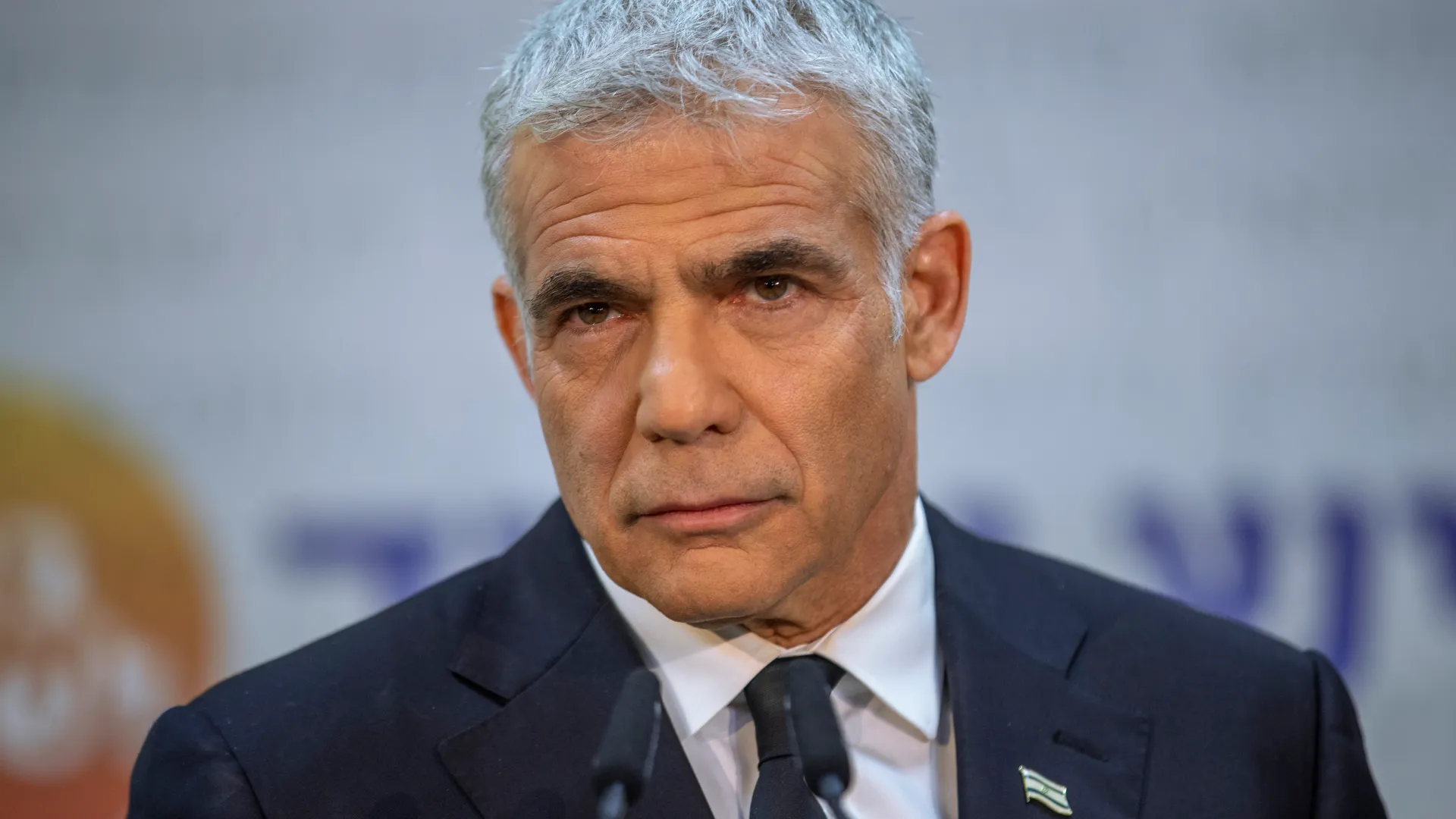The Conservative Party receives a barrage of negative media coverage almost daily. Rumors swirl about rebellions within the party and potential leadership challenges, all exacerbated by a series of unfavorable polls.
The party might have hoped for former Conservative MPs to address party-specific concerns privately rather than adding to its public woes.
However, today, former government minister Sir Alan Duncan took to the airwaves on LBC. He launched a scathing attack, even calling for the sacking of security minister Tom Tugendhat, fueling the fire.
Former Conservative Minister Making Statement (Credits: Middle East Monitor)
Sir Alan Duncan didn’t hold back while appearing on Nick Ferrari’s morning program. The discussion centered around Israeli settlements in occupied Palestine, and Duncan didn’t mince words. He accused confident high-ranking Tories of failing to condemn settlements, thereby not supporting international law.
He stated, “Many people at the top of our politics refuse to condemn settlements and, therefore, are not supporters of international law. And I think the time has come to flush out those extremists in our parliamentary politics.” These were solid and unequivocal statements, reflecting the depth of his concern.
Duncan’s critique extended to the Conservative Friends of Israel, a group he accused of advocating for Netanyahu’s agenda and exerting undue influence at the highest levels of government.
Former Conservative Minister (Credits: Stratfor)
He singled out Lord Polak and Lord Pickles, respectively, the honorary president and parliamentary chairman of Conservative Friends of Israel, comparing them to the iconic comedy duo Laurel and Hardy and suggesting they should be “pushed out together.”
Duncan also criticized several prominent Tory figures, including Robert Jenrick, Suella Braverman, Michael Gove, Oliver Dowden, and Priti Patel.
However, it was his scrutiny of Tom Tugendhat that garnered vast attention. Duncan cited Tugendhat’s Wikipedia page, highlighting a statement where Tugendhat condemned the United Nations Security Council for criticizing Israel’s settlement activities in occupied Palestinian territories.
Duncan questioned how a security minister could hold such views, stating, “How can you have a security minister in the British government who does not believe in international law when all this is going on? I think he should be sacked.” This direct call for Tugendhat’s dismissal added a new layer of intensity to Duncan’s critique.
Duncan’s remarks concerned not just specific individuals but also broader concerns regarding the party’s stance on international law and its alignment with certain agendas.
His comments underscored a deep-rooted frustration with what he perceives as a failure to uphold principles of justice and international norms within the Conservative Party’s ranks.
This public airing of grievances by a former party member adds to the Tories’ already challenging environment. It highlights internal divisions and questions the party’s coherence and direction, particularly on sensitive international issues.
Despite ongoing political turmoil and external challenges, the timing of such criticisms further complicates the party’s efforts to present a united front and project a clear vision to the public.
As the party navigates these turbulent waters, it will need to address not only Duncan’s specific concerns but also the broader implications for its image, leadership, and policy positions.
The fallout from such public criticisms underscores the complexities and pressures facing political parties in an ever-changing landscape, where internal dynamics and external scrutiny converge to shape public perception and political outcomes.
